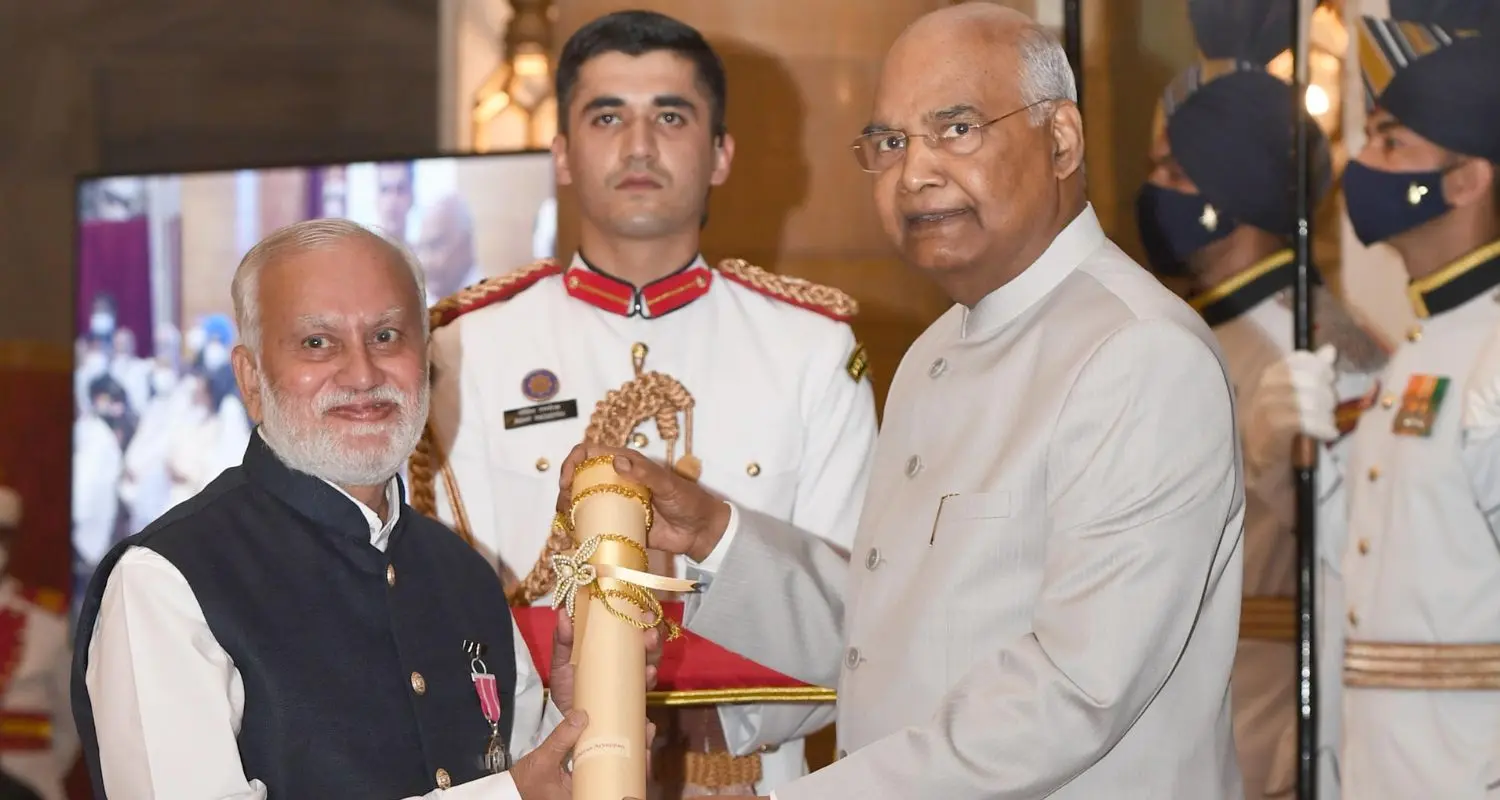The body of prominent agricultural and fisheries scientist Dr Subbanna Ayyappan, a recipient of the Padma Shri award, was discovered in the Cauvery River near Sai Ashram in Srirangapatna on Saturday, May 10. He had been reported missing since May 7, prompting concerns from his family and colleagues.
Dr Ayyappan’s body was found after locals noticed a corpse floating near the river and notified the authorities. Upon arriving at the scene, the police identified the deceased and also recovered his scooter, which was parked along the riverbank. The post-mortem was conducted at K R Hospital in Mysuru, and the body has since been handed over to his family.
Investigators believe he may have entered the water around three days prior to being found, based on preliminary evidence. However, the exact cause of death is yet to be confirmed. While early indications suggest possible suicide, police have registered a case of unnatural death and are continuing their probe to uncover any other possible angles.
Dr Ayyappan’s Renowned Achievements
Dr Ayyappan, aged 70, was widely celebrated as a pioneer of India’s ‘Blue Revolution’. His groundbreaking work in aquaculture significantly advanced fish farming practices, transforming food systems and enhancing rural livelihoods in both inland and coastal regions. His vision and leadership reshaped India’s fisheries sector, earning him one of the country’s highest civilian honours the Padma Shri in 2022.
Born on December 10, 1955, in Yelandur of Karnataka’s Chamarajanagar district, Ayyappan’s academic and professional journey was marked by distinction. He earned his Bachelor’s and Master’s degrees in Fisheries Science from Mangaluru in the 1970s and later obtained a PhD from the University of Agricultural Sciences, Bengaluru in 1998.
Throughout his illustrious career, he held several key positions across India. He served as Director of both the Central Institute of Freshwater Aquaculture (CIFA) in Bhubaneswar and the Central Institute of Fisheries Education (CIFE) in Mumbai. Dr Ayyappan was also the founding CEO of the National Fisheries Development Board (NFDB) in Hyderabad, and later went on to become Secretary of the Department of Agricultural Research and Education (DARE), under the Ministry of Agriculture.
Dr Ayyappan’s Leadership Skills
In his later years, he chaired the National Accreditation Board for Testing and Calibration Laboratories (NABL) and was Vice-Chancellor of the Central Agricultural University (CAU) in Imphal. He also held leadership roles in the Indian Council of Agricultural Research (ICAR) and was President of the National Academy of Agricultural Sciences.
Known for his spiritual inclinations, Dr Ayyappan frequently visited riverbanks and religious ashrams, including the Ramakrishna Ashram in Mysuru and the Sai Ashram near Srirangapatna, where his body was ultimately discovered. According to his family, he often engaged in meditation in these areas, and left home on May 7 without his mobile phone.
The incident has prompted calls for a deeper probe. Venugopal Badaravada, a former governing body member of ICAR, has requested a court-monitored CBI investigation. In letters addressed to Prime Minister Narendra Modi and Home Minister Amit Shah, he raised concerns over potential institutional issues and referred to the death as “untimely and mysterious.” He also highlighted ongoing allegations from the scientific community regarding irregularities within ICAR-affiliated bodies.
Dr Ayyappan is survived by his wife and two daughters. As the investigation unfolds, tributes continue to pour in from across the scientific and agricultural communities, honouring a man whose legacy reshaped Indian fisheries and rural development.


